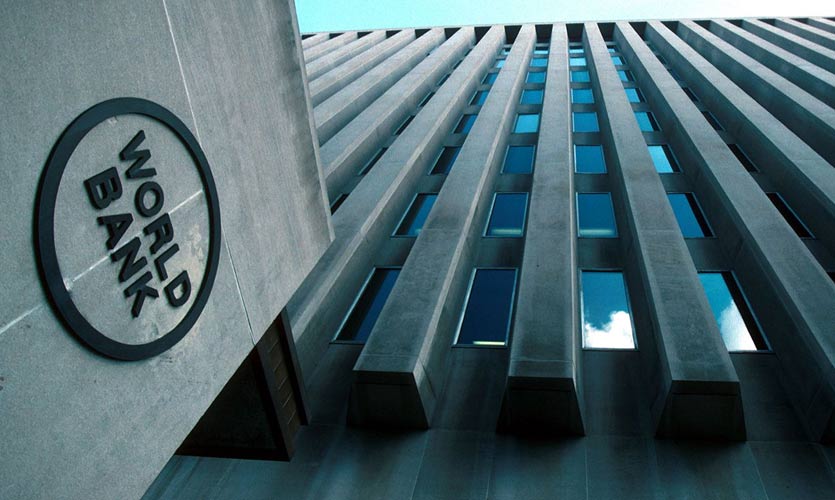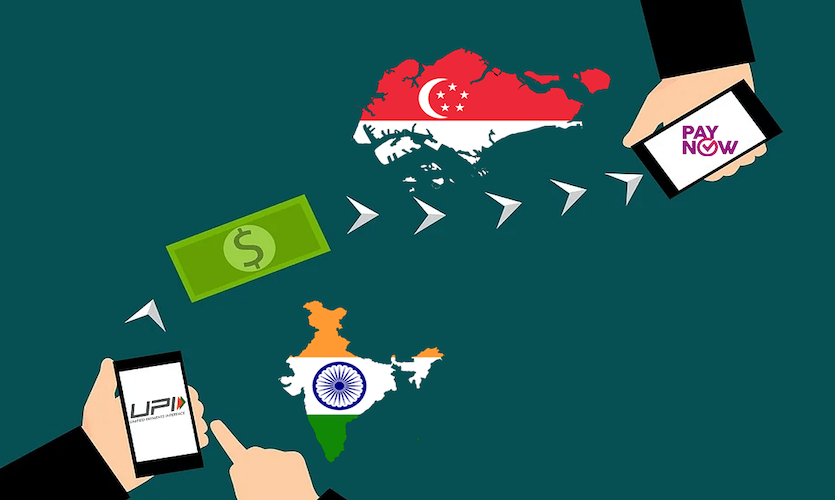The World Bank, on September 16, announced its plans to discontinue the issuing of the “Doing Business” report. An internal audit found the exertion of “undue pressure” by top bank officials to influence the country ranking data in favour of China. The investigation was prompted after internal reports of “data irregularities” were reported in its 2018 and 2020 editions (released in 2017 and 2019, respectively). The Washington, DC-based organisation was found to have boosted China’s ranking in 2017.
The investigation conducted by Washington-based law firm WilmerHale has implicated the then World Bank president – Jim Yong Kim, the then CEO of the International Bank for Reconstruction and Development and now managing director of the International Monetary Fund (IMF) – Kristalina Georgieva, and one of her advisers. The data irregularities found in the report had affected four countries: China, Saudi Arabia, the United Arab Emirates, and Azerbaijan.
In response to the investigation report, the World Bank released a statement, “After data irregularities on Doing Business 2018 and 2020 were reported internally in June 2020, World Bank management paused the next “Doing Business” report and initiated a series of reviews and audits of the report and its methodology. In addition, because the internal reports raised ethical matters, including the conduct of former Board officials as well as current and/or former Bank staff, management reported the allegations to the Bank’s appropriate internal accountability mechanisms.”
According to the 2018 Doing Business report, China had a score of 65.3 with a global ranking of 78, similar to the previous year’s result. Post the corrections in data for indicators like ‘Starting a Business’, ‘Getting Credit’, and ‘Paying Taxes’ indicators were implemented, China’s score fell to 64.5 and its global ranking to 85.
Findings Of The Report
The report alleged that the World bank pushed to boost China’s ranking amidst sensitive negotiations over a major capital increase and China’s disappointment over a lower-than-expected score. Georgieva told WilmerHale investigators, “Multilateralism was at stake, and the Bank was in ‘very deep trouble’ if the campaign missed its goals.”
The report further stated that the director of the IMF visited the home of a “Doing Business” manager to review the changes made to boost China’s ranking and thanked the employee for helping “resolve the problem”. This is a major breach of ethics since the results are never disclosed before the global launch of the report. Georgieva had also met with members of the World Bank’s East Asia and Pacific regional office on September 14 to inform them that if China’s rankings improved, everyone would be “relieved”. Jim Yong Kim had also discussed the report and China’s performance with senior Chinese government officials in September 2017.
Employees working on the team have reportedly faced a “toxic culture” and “fear of retaliation”, and have said that members of the Doing Business report team “felt that they could not challenge an order from the Bank’s president or CEO without risking their jobs”. The World Bank, in 2018, announced a $13 billion paid capital increase that boosted China’s shareholding stake to 6.01 percent from 4.68 percent.
IMF chief Kristalina Georgieva denied the allegations on September 17. Georgieva used a previously scheduled meeting with the IMF’s 2,700-strong staff to address the investigation’s findings. “Let me put it very simply to you. Not true. Neither in this case nor before or after, I have put pressure on staff to manipulate data,” said Georgieva according to a transcript of the meeting provided to Reuters.
What Does It Mean For India?
The rankings are an important tool to prove the Narendra Modi government’s commitment to making India a global destination for foreign investments. The government has aimed to be counted as part of the top 50 club in the ease of doing business index and initiated a wide range of reforms at the local, state and national levels.
India’s ranking has drastically improved, rising to the 63rd position in 2019, compared to being 142nd in 2014. The country was also placed on the list of “economies with the most notable improvement” for the third year in a row.
Kaushik Basu, a World Bank chief economist from October 2012 to October 2016, said that the current and former Indian governments have never pressurised the World Bank for favourable rankings. However, while the Centre has not given an official statement, officials believe that the recent scandal may discredit India’s overall ease of doing business endeavour.
Despite these concerns, the investigative report will increase the rising distrust of China and favour manufacturing supply chains in India. This falls in line with India’s self-reliance policy. No irregularities have been found in Indian data. A commerce and industry ministry official said, “India remains the preferred investment destination for the world and a reliable, trustworthy destination, while China is slipping in attractiveness. Fraud by China will prompt multilateral initiatives such as the Supply Chain Resilience Initiative (SCRI) to move manufacturing to India.”
India, Japan and Australia had formally launched the SCRI in April to counter China’s supply chain dominance in the Indo-Pacific region.
What Will Be The Impact On Investors?
The revelations from the recent report caused disappointment among many investors and campaigners who were dependent on the Doing Business report to assess where to put their money. The report was supposed to be a global benchmark that judges and ranks the investment climate across countries. Around 190 economies are assessed based on 12 broad parameters integral to starting, sustaining and winding down a business.
Economists believe reports such as the Doing Business report have long been prone to manipulation despite their usefulness. Past research by the World Bank has suggested that economies that scored well in their reports had higher foreign direct investment flows. However, Charles Robertson, chief economist at Renaissance Capital believes, “There have been wide divergences between some countries’ corruption ranking(s) and the ease of doing business scores, which implies that these were only face-value improvements rather than reflecting underlying economic change.”
Robertson further added, “As an economist, though, it would be a real shame if we lose access to the underlying data. It is really interesting, for example, to know that it takes a company in Brazil 900 hours to process taxes, whereas for somewhere else it takes only 70.”









